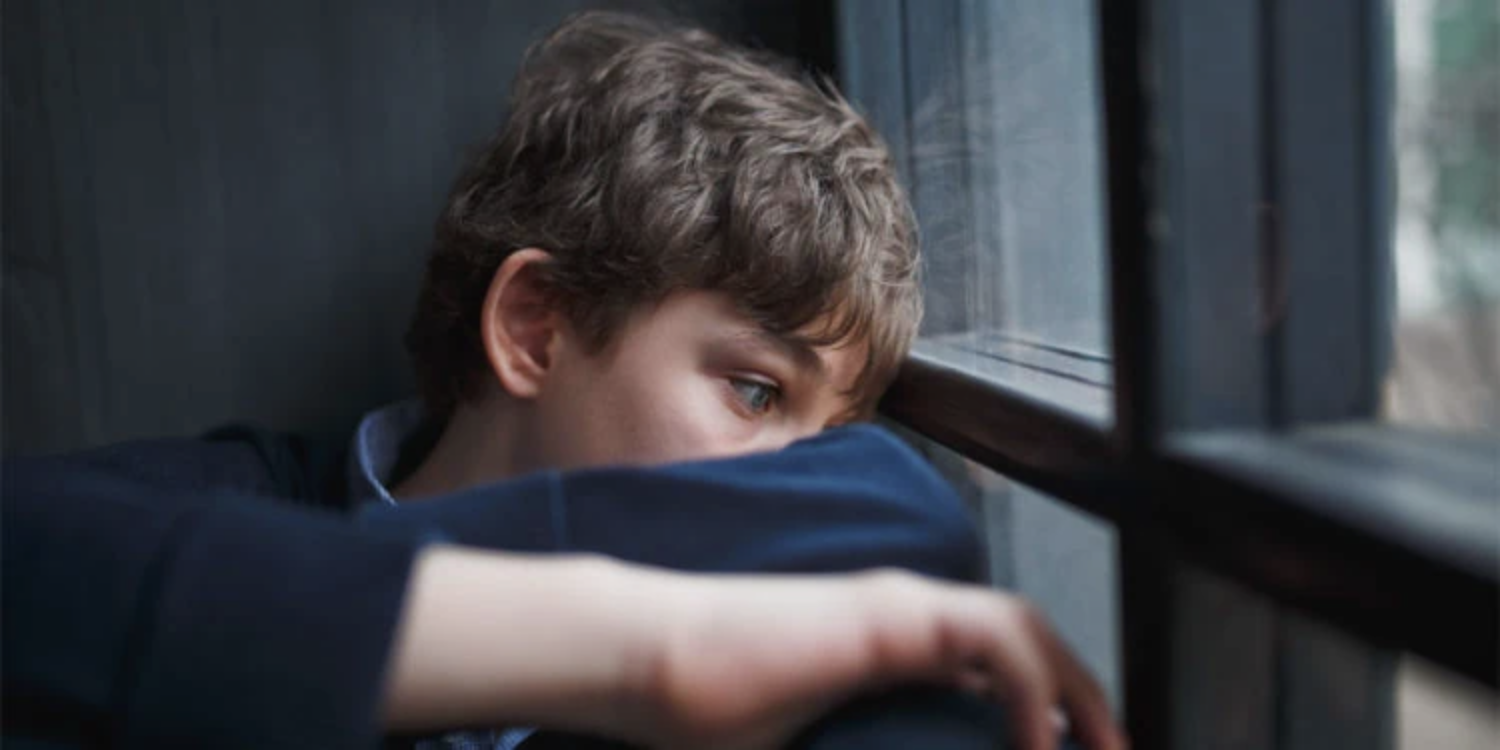
Teens who said their families were more chaotic at age 16 had worse mental health outcomes at age 23 - Photo: Adobe
Researchers aimed to explore the long-term impact of family chaos on mental health.
Mental health risks from the family environment
Research highlights that adolescents who perceive their families as disorganized or chaotic report more mental health and behavioral problems in early adulthood.
Previous research has shown that chaotic family environments can negatively impact children's social, emotional, and educational development. However, it is unclear whether these effects persist into adulthood.
Given that siblings may experience chaos differently within the same family, the study sought to understand each individual's perception of chaos, and how that influences mental health outcomes later in life.
The study used data from the Twins Early Development Study, which included twins born between 1994 and 1996 in England and Wales. The researchers focused on twins to control for shared genetic and environmental factors within families.
They analyzed the responses of twins at ages 9, 12, 14, and 16, regarding how the children perceived family chaos.
The study sample included 4,732 same-sex twin pairs. Opposite-sex twin pairs were excluded to avoid confounding results due to sex differences.
At age 23, the twins reported a variety of outcomes including education, employment status, income, substance use, mental health, and more.
The way siblings feel about family is different.
Research shows that adolescents who reported their families as more chaotic at age 16 had worse mental health outcomes at age 23. These outcomes included higher levels of depression, anxiety and antisocial behavior, as well as lower levels of self-control.
Importantly, these associations remained significant even after accounting for family socioeconomic status and parent-reported family chaos.
Researchers have found that siblings can have markedly different perceptions of the home environment. One sibling may find the family environment much noisier and more chaotic than the other.
Sophie von Stumm, study author and professor of psychology at York University (Canada), also said that people who reported higher levels of family chaos showed more severe mental health problems. This demonstrates a strong link between perceived chaos and later mental health.
The study also explored the impact of family chaos at different ages. While significant associations were found at ages 9, 12, and 14, the strongest effect was seen at age 16.
Von Stumm plans to investigate the specific age and underlying reasons for differences in siblings' perceptions of family chaos.
“It is possible that children who experience more adverse events in early life than their siblings, such as being injured or being expelled from school, develop a greater sensitivity to family chaos, which then has lasting effects on their mental health,” she said.
Source: https://tuoitre.vn/gia-dinh-hon-loan-de-khien-suc-khoe-tam-than-thanh-thieu-nien-bat-on-khi-truong-thanh-20240615145830207.htm


![[Photo] Party Committees of Central Party agencies summarize the implementation of Resolution No. 18-NQ/TW and the direction of the Party Congress](https://vphoto.vietnam.vn/thumb/1200x675/vietnam/resource/IMAGE/2025/10/27/1761545645968_ndo_br_1-jpg.webp)
![[Photo] The 5th Patriotic Emulation Congress of the Central Inspection Commission](https://vphoto.vietnam.vn/thumb/1200x675/vietnam/resource/IMAGE/2025/10/27/1761566862838_ndo_br_1-1858-jpg.webp)



![[Photo] National Assembly Chairman Tran Thanh Man receives Chairman of the House of Representatives of Uzbekistan Nuriddin Ismoilov](https://vphoto.vietnam.vn/thumb/1200x675/vietnam/resource/IMAGE/2025/10/27/1761542647910_bnd-2610-jpg.webp)
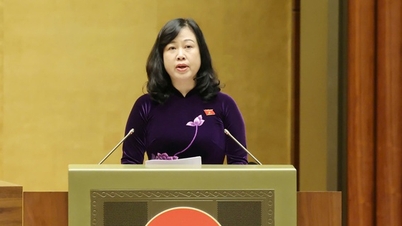





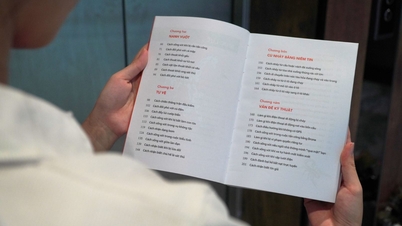




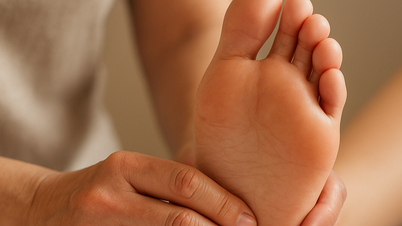














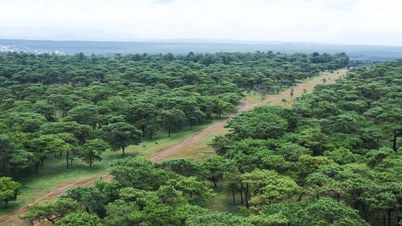


























































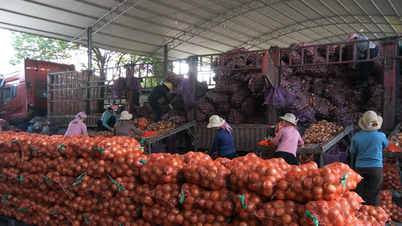



















Comment (0)